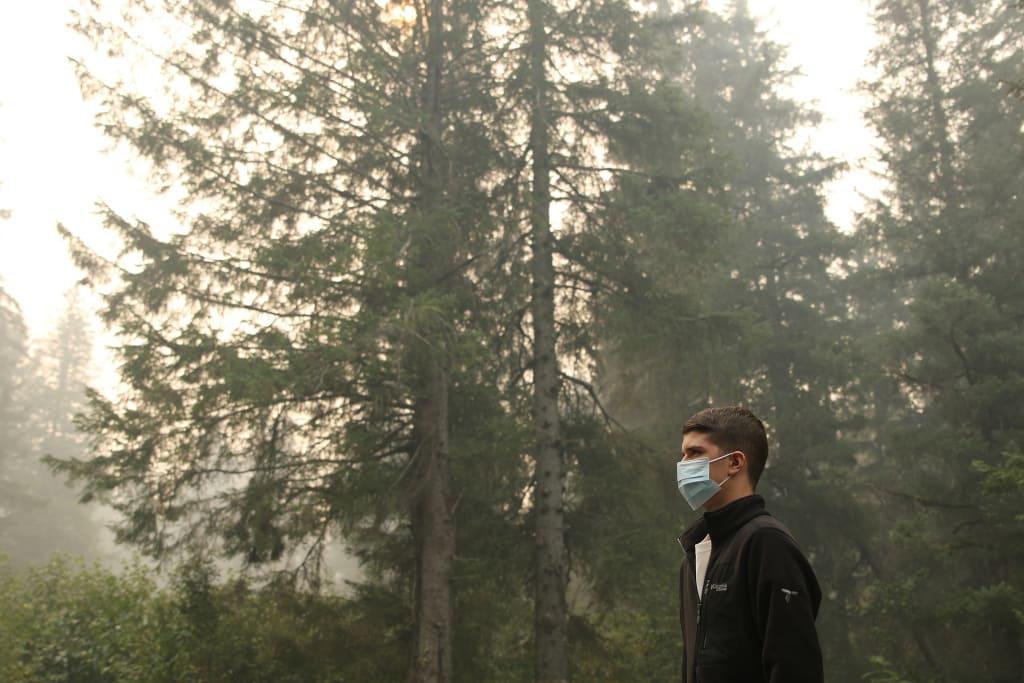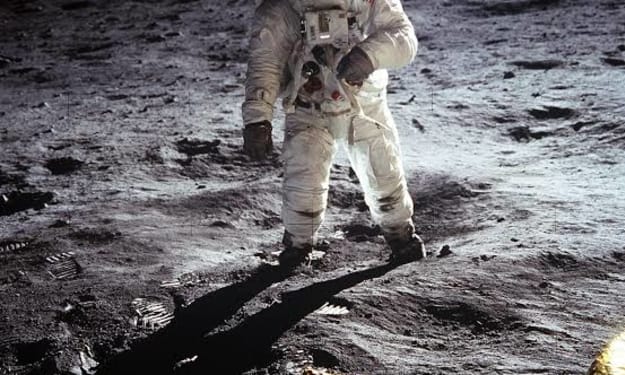The Global Warming & Impact
Let's know Something Special about Global Warming

A global war is raging over an ocean at the very top of the world. Global warming has affected the Arctic over the last three decades. While most of the world views this as a looming catastrophe, five Arctic nations stand to gain. As the ice melts, the United States, Canada, Denmark, Norway, and Russia see an opportunity for new trading routes and potentially lucrative natural resource deals. This paper will explore the origins of this conflict and the consequences (dire and sound) of owning this resource-rich property.
Global warming is helping countries in some sort way. New shipping routes are opening up as the ice melts into water. Countries want this land as the area is navigable in the summer, cutting trips between Asian and Western markets by weeks and saves expensive oils. For example, in the Panama Canal, the shipping path between Japan and New York is about 19 percent shorter via the Arctic Ocean.
The Political Side of the arctic: We need to look to the United Nations Convention on the Law of the Sea to grasp the law of the sea and what countries "own." The territorial waters of a nation are 22 kilometers (12 nautical miles) off its coast. The rules of the nation apply in the territorial waters. The contiguous zone is 22 kilometers away. Although these are now international waters, the country retains power over customs, immigration, and other rules. The Exclusive Economic Zone extends outside the contiguous zone. The Exclusive Economic Zone (or EEZ) off the coast of that country will reach up to 370 kilometers (200 nautical miles). That country has exclusive rights to all resources within this region, including fishing and drilling. This means that it is up for grabs beyond that. So far, Norway and Iceland are the only two countries whose claims have been accepted by the United Nations. The issues occur when the arguments of different countries overlap. Russia, Denmark, and Canada have all submitted statements that overlap and are still awaiting approval. Greenland, a Danish-owned autonomous region, has the closest coastline to the North Pole. Denmark claimed 895,000 square kilometers in 2014, stretching from the Greenlandic border to the 200-mile EEZ limits of Russia. Russia refuses to make concessions to the smaller nation.
The arctic's environmental side: climate change, Although similar concerns have been raised in most parts of the world, the Arctic is more fragile and controllable than elsewhere. Pollution of the air is a potential source of damage. Norway, Sweden, and Finland have complained to Russia about the nickel refinery and other plants on the Kola Peninsula emitting toxic substances in their smoke. Nickel particles from Norilsk have been observed in the air by American scientists in Alaska. Human presence has also had a significant impact on the wildlife of Arctic regions. Hunting has drastically decreased the numbers of polar bears, walruses, musk oxen, and caribou.
The arctic's economic side: Fishing, natural resource exploration, and shipping are the three main reasons countries are fighting for control of the region. If the Arctic melts, it becomes more economically significant. According to the Royal Institute of International Affairs, the Arctic could store up to 90 billion barrels of oil and 47 trillion cubic meters of natural gas.
According to the US Geological Survey, 30 percent of the world's undiscovered natural gas is found in the Arctic. The Arctic is also home to 13% of the world's undiscovered crude. In addition, the US Government Accountability Office reports that the country has $1 trillion worth of minerals, including gold, zinc, nickel, and platinum.
This area is rapidly evolving. Treaties and conventions that have held things in place for so long are becoming incompatible with physical realities. The region would become more valuable as the ice melts. New lines will be drawn, and new prospects for power projection will arise. As a result, it will become much more critical to ensure that parts of the Earth are covered as globalization continues. As fishing, drilling, and shipping become more common in the arctic, it will be more important than ever to protect the wildlife already suffering.
About the Creator
Maulik Borsaniya
Digital Marketers | Blogger | SEO | SMO | SEM | Content Creator | ASO






Comments
There are no comments for this story
Be the first to respond and start the conversation.